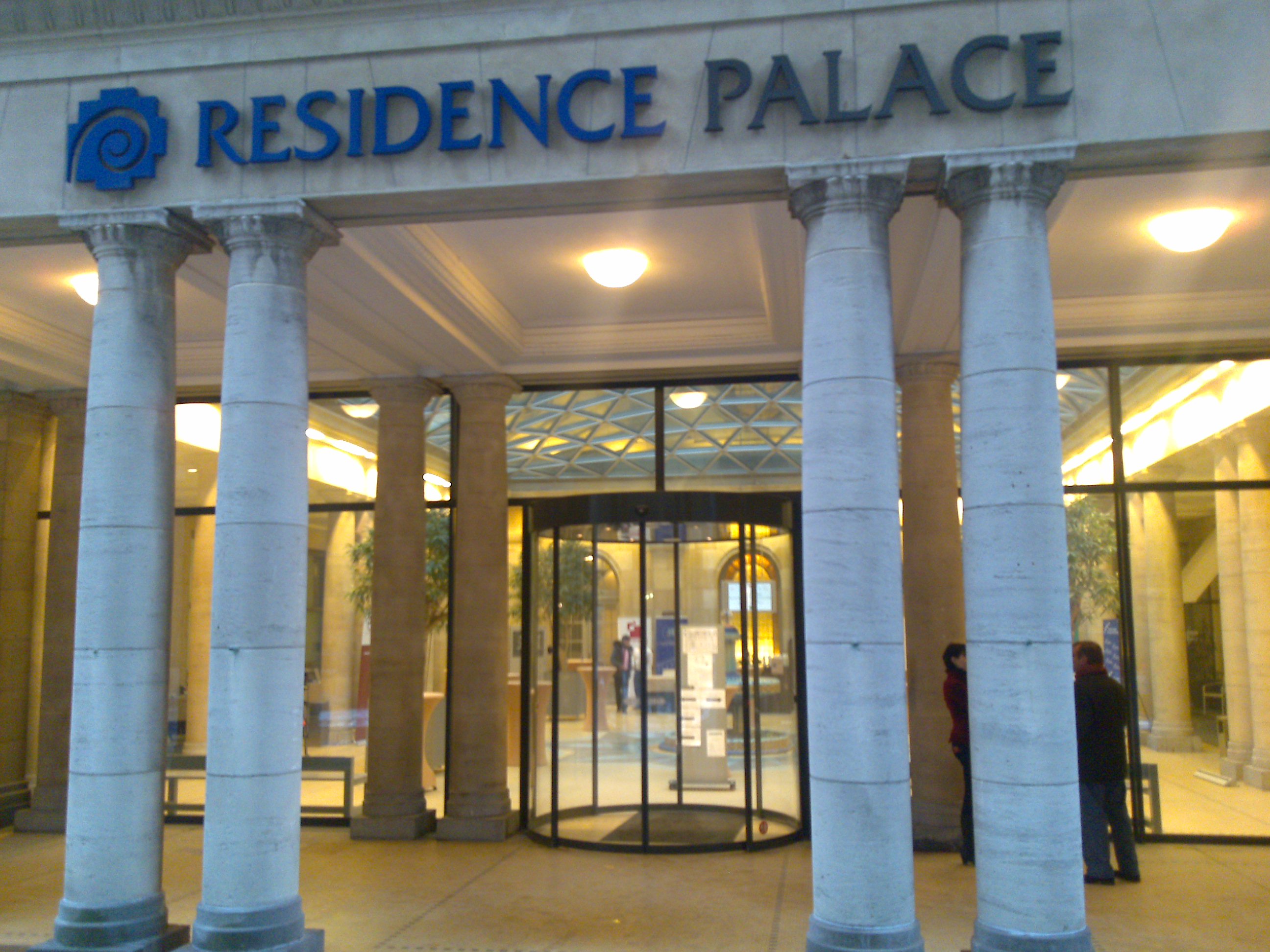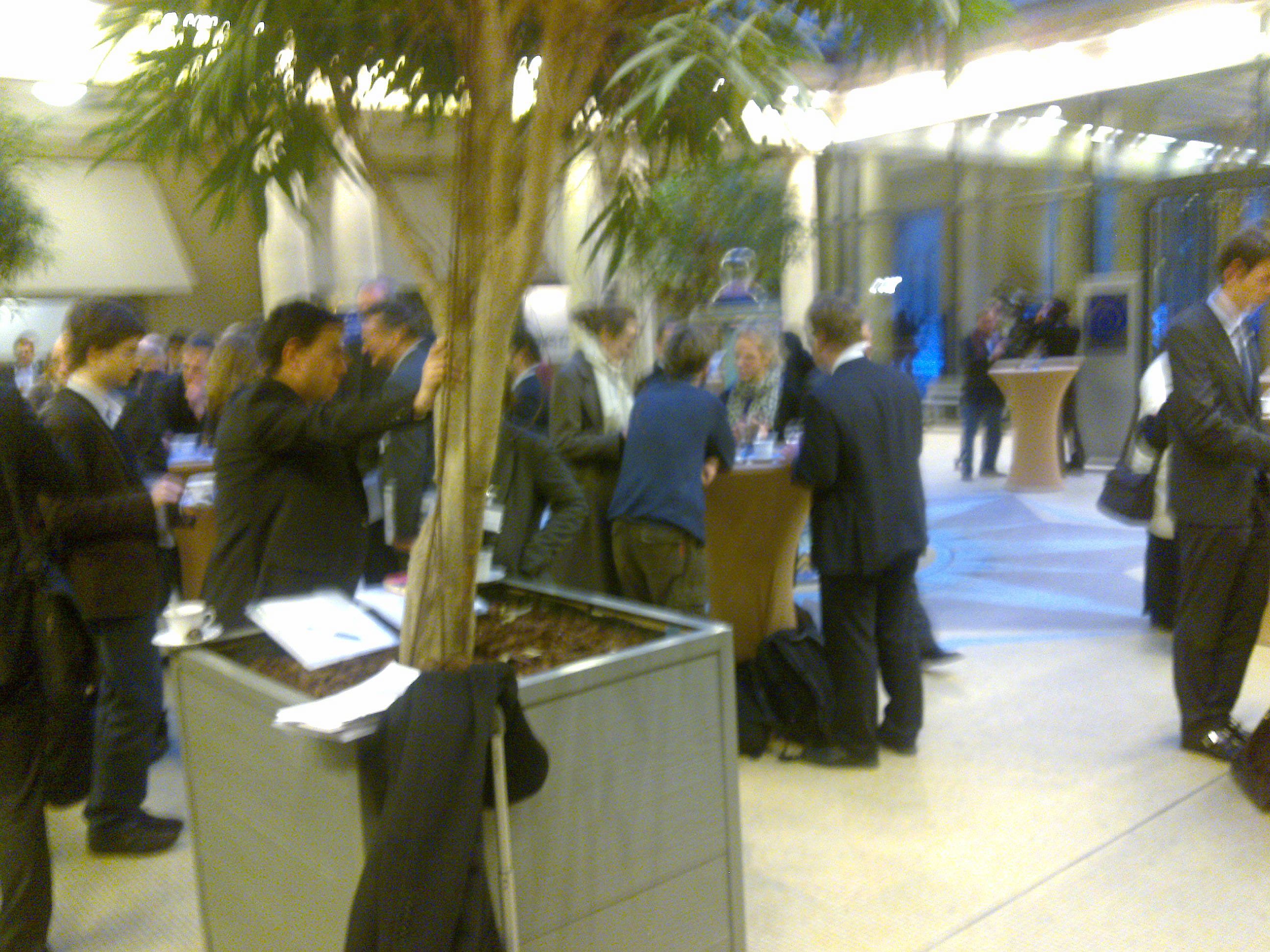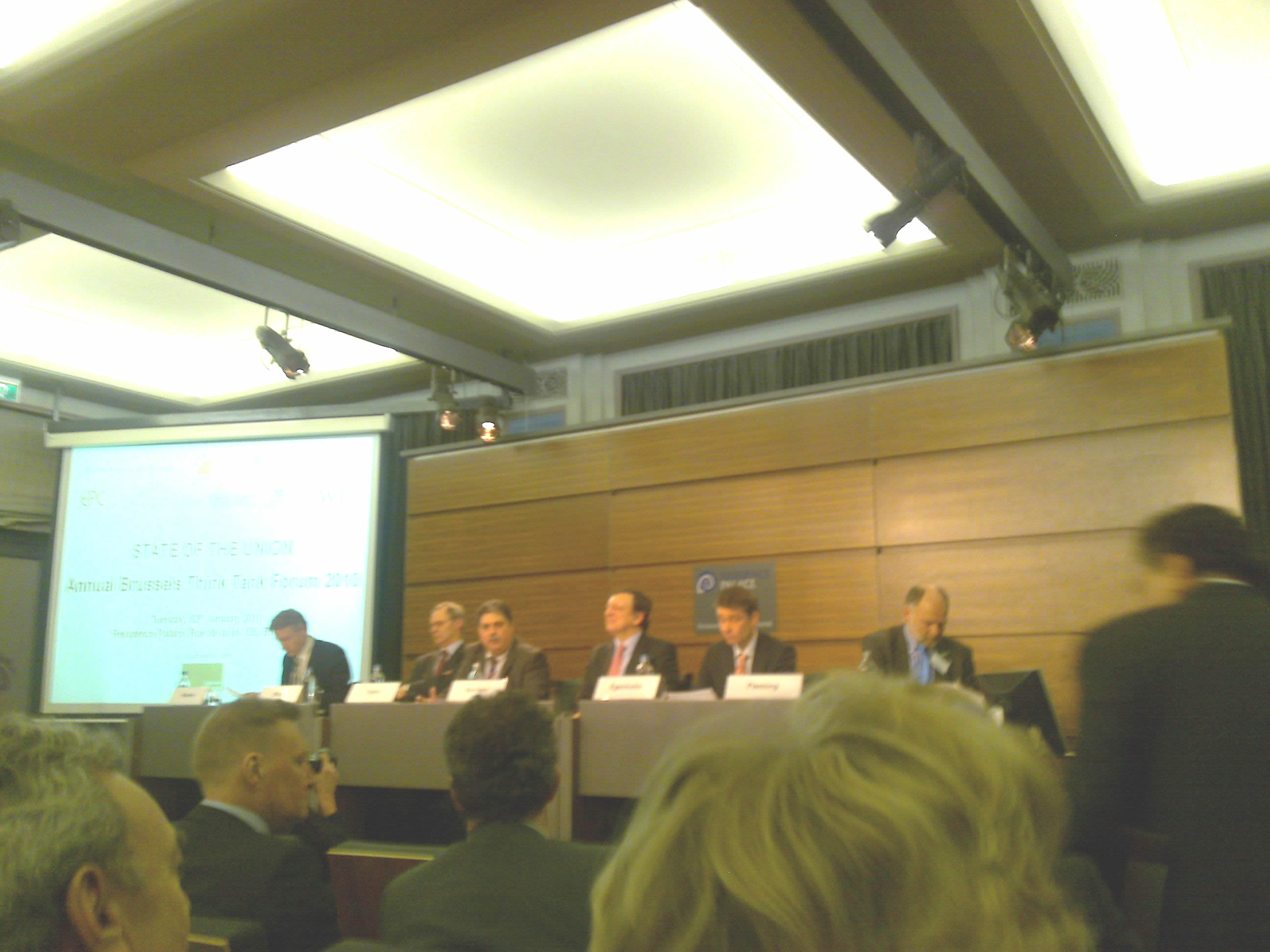The Stockholm Programma and the Lisbon Treaty will simultaneously extend EU Member State's policy goals concerning migration, social cohesion and human rights while creating a new institutional context for policymaking on this issues. These changes are taking place during a time of slow economic recovery. They occur in a political climate that increasingly recognizes the interconnectivity of the EU with its neighbouring countries and values a global approach to addressing migration.
Migration issues are embedded in the Stochholm Programme and are framed in terms of responsibility, solidarity and partnership and under the subheading of a dynamic migration policy. Thus migration policy remains a key objective for the European Union. The Stockholm Programme builds on several key milestones. Recent developments at the EU level such as the European Pact on immigration and Asylum, the development of a Global Approach to Migration and Mobility Partnerships have placed new emphasis on EU cooperation with Third Countries in devising migration policy and programmes, while renewing commitments to complete common systems for addressing both border control and asylum. Yet broader EU migration policies struggle to achieve policy coherence, and responsibility for their development sits awkwardly within the new Home Affairs portfolio (one half of DG Justice, Liberty and Security). Yet while responsibility is centralised, in reality, immigration policy is dealt with in a number of ways, and by a number of different portfolios, some of which are rapidly increasing their competence:
Borders and security (JLS) - the focus on border control, security and reducing illegality typically dominate discussions on immigration. However, this emphasis on controlling illegality and terrorism gives short shrift to the complexity of immigration policy and its positive aspects of other crucial EU priorities. Legal migration (JLS) - this was a core area of work set out during the establishment of a common area of Justice, Liberty and Security, and has been further confirmed by the Lisbon Treaty: the creation of common rules for the entry and residence of third country nationals. However, given the explicit caveat - Member States determine who and how many may enter their territory - the policy area has limited maneuverability even post-Lisbon.
External relations (JLS/RELEX) - this is the aspect of immigration cooperation - for example, as part of European Neighbourhood Policy - is 'ínserted' into negotations, with the little interaction between RELEX and JLS officials. The advent of the Lisbon Treaty and a stronger role for the EU in the area of foreign policy may change this. Development (DEV) - there is an emerging focus upon the links between migration and development. Stemming from the international dialogue on migration and development, DG DEV has created a 'thematic programme' to examine the impact of migration upon development, whether through diaspora groups, remittances or return. |


